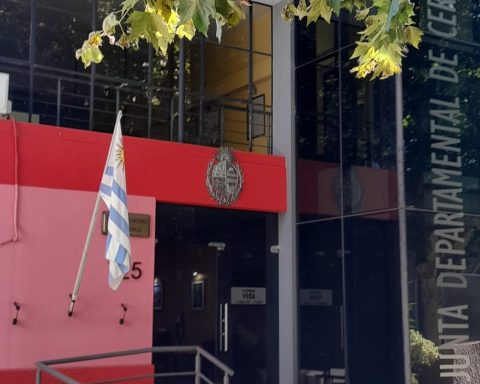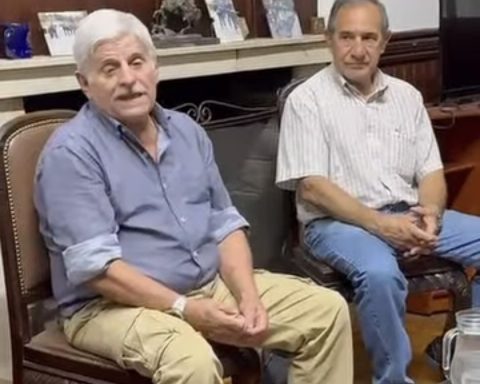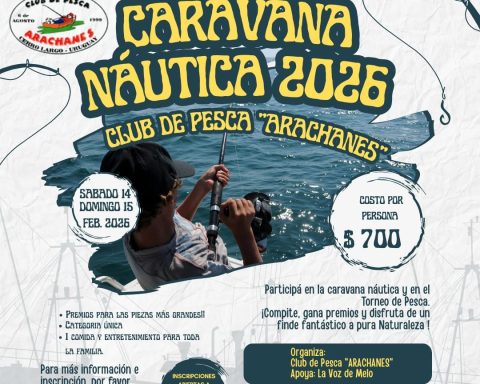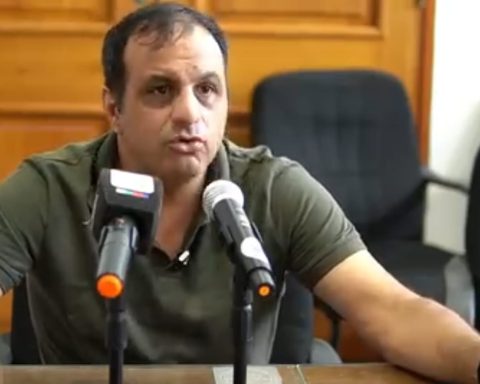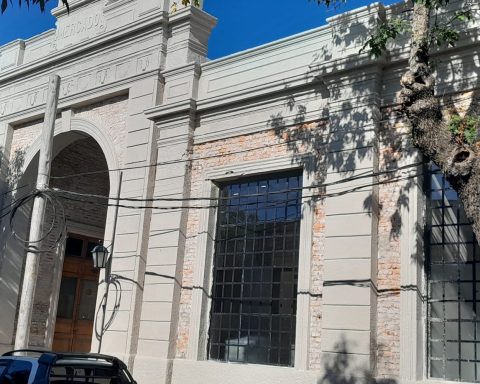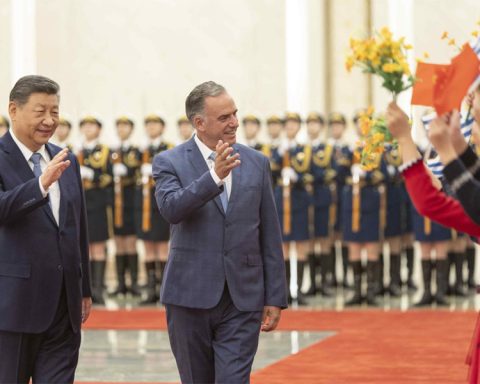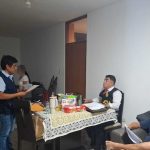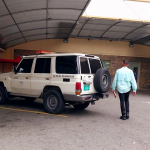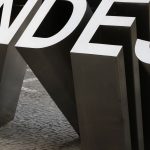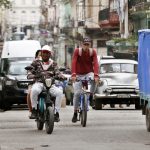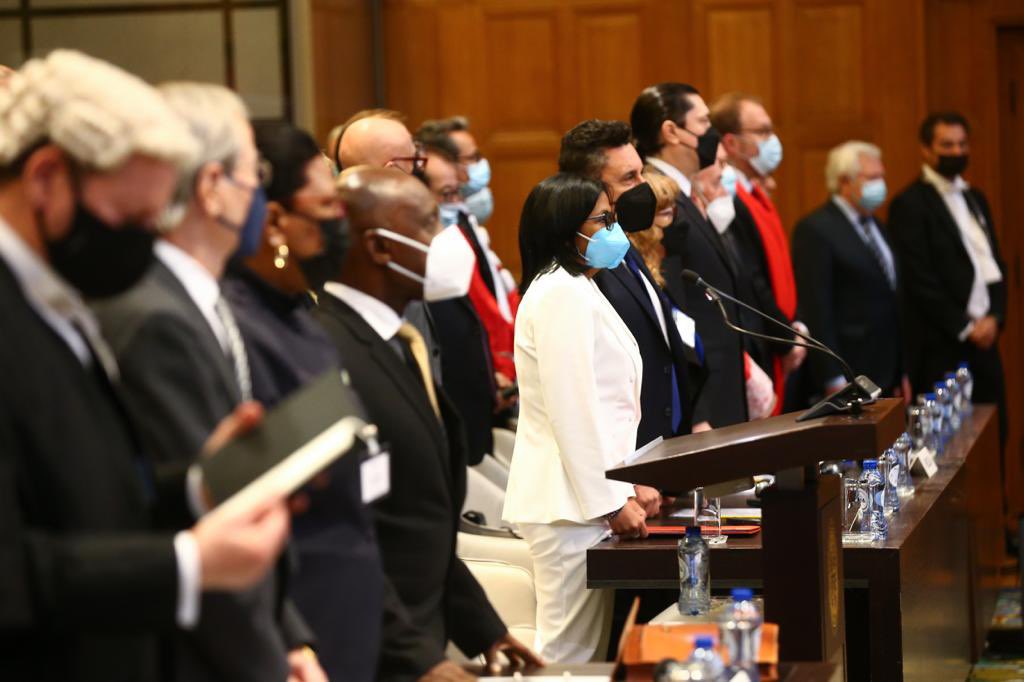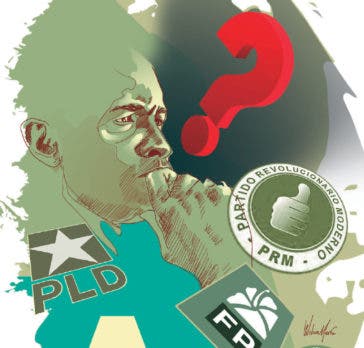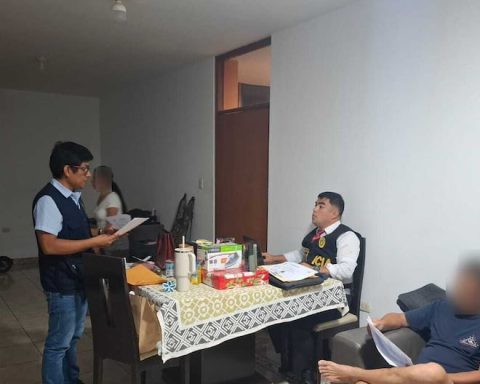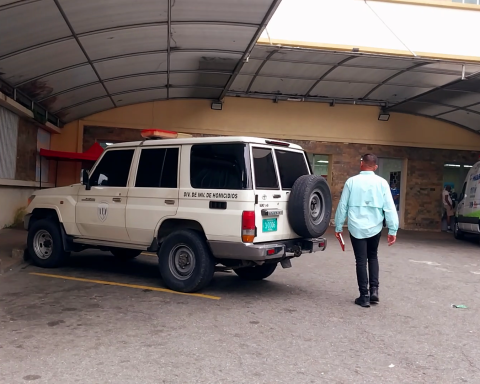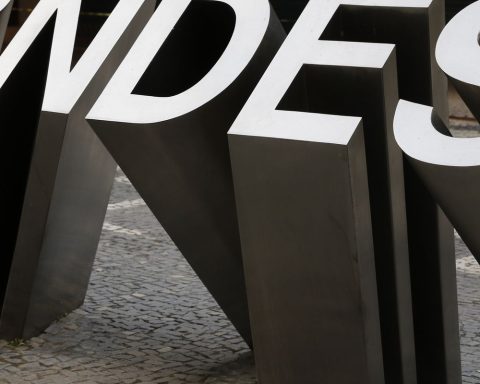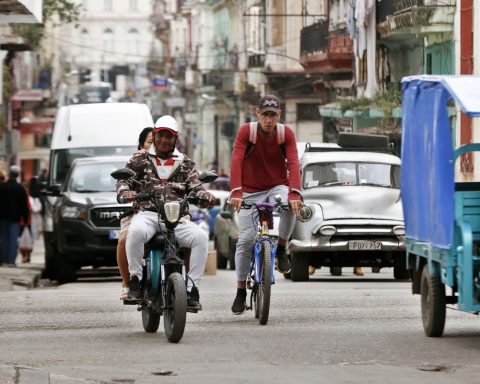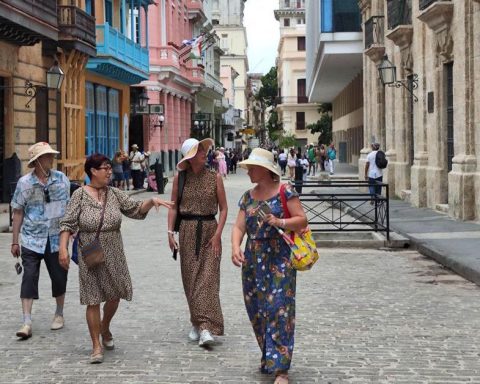Businesses linked to drug trafficking, the opportunity to “save” themselves with a position in the club and getting paid to introduce others to the system are some of the reasons that inspire the barrabravas. But those who follow them point out that the most relevant point to understand them is the ego: they want to climb as high as possible in what they believe is the greatest thing there is. For some that is Peñarol and for others it is Nacional. That is “arrive”.
Thus, generations of violent have passed through each of the barras bravas. Some have disappeared because another of the group managed to decapitate them, others were assassinated and others —a few— left voluntarily seeking a more peaceful life.
The link between the leaders of the bars and the clubs is an open secret that is very difficult to prove with evidence and that the leaders insist on denying. But the ability to reach the leaders and have them provide things is what positions them in their power scheme, specialized sources indicated to The Observer. Its operation is typical of organized crime: structured groups with leaders who have a specific objective and who have lines of succession.
In the post-pandemic era —which already has close to 1,200 people on the blacklist— the Peñarol bar was led by three groups, whose leaders are Damián Techera —recently imprisoned for his links to drug trafficking—, a man named Jorge (no criminal record) and Emiliano Corbo, as reported to The Observer police sources. The group headed by Techera is pointed out as the most violent and dangerous. However, the leader entered prison this year and his place was taken by Sergio Tomé, convicted in 2018 for a crime of internal arms and ammunition trafficking.
The cases of Peñarol and Nacional are notoriously different. In the first place, because the sports and institutional context of Nacional means that the barra brava has not generated too many conflicts in recent times. The benchmark of the Nacional bar, Carlos Cazenave, has a rented position at the club. Although this decreases the possibility of an internal dispute between groups, the only leader concentrates a lot of power in the eyes of the rest. Even so, as reported The Observer in Septemberthe leaders conveyed to the authorities to be afraid of the bar.
Leonardo Carreno
In Peñarol —with a much more adverse context— there was a break in the classic de la carafe, in November 2016, which distanced the leadership from the bar but which has begun to reverse in recent times. The acts of violence that occurred in that match were a watershed in the link between the club’s leadership and the barra brava and led to internal changes in the club. The security commission ceased to have a political component to have a technical profile. Thus, in the last part of the administration of José Pedro Damiani and during the Presidency of Jorge Barrera (2017-2020), the club stopped, among other things, delivering tickets to the bars.
But the time of peace in soccer was broken with the return to the fields after the pandemic, which also caught Peñarol with a new leadership. In the presidency of Ignacio Ruglio, the bar regained prominence and received tickets again, according to police sources. Peñarol buys the tickets from the Uruguayan Football Association (AUF) with the name of the recipients, which allows traceability implemented as a security measure. In this management there is no illegality, since none is on the blacklist.
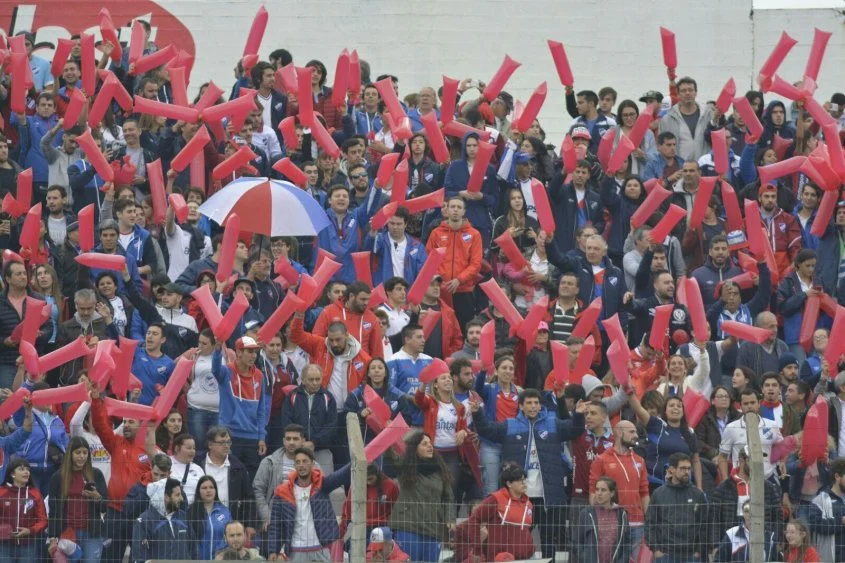
Referents of the coal opposition, such as Julio Luis Sanguinetti, have publicly attributed to Ruglio the “return of the violent to the stands.” In these years, the role of the technical commission was also dismissed, which, among other actors, was the one that had worked professionally to appease the conflict.
Ruglio, however, has repeatedly denied having favored the re-entry of the bars to the institution: “I comply with the rules that are asked of me: do not live with the bars, do not feed them, do not give them money, do not give them tickets. All that Peñarol makes it perfect. We are a serious club. Later, if our fans find a way to enter something, I am not the one who has to fix those things, ”he said in October of this year.
One by one, the leaders of the barrabravas and their antecedents
In Nacional there is only one ringleader who is under the watchful eye of the Police: Carlos Cazenave. This bar took the place that Marcelo “Sapo” Sosa had occupied for a long time, who left that role to dedicate himself to his family. Cazenave has a criminal record for reception and was investigated by the prosecutor’s office in 2018 for a double homicide – for which he became a preventive prisoner – and was later dismissed. On that occasion he had seized a BMW van. The victims of that crime were two young men also linked to soccer and one of them was a friend of Cazenave. The hypothesis of the prosecutor Mirta Morales was that he had killed them in retaliation for a deal that had not gone as planned. Finally, two years later, the prosecution archived the proceedings.
The issue in Peñarol is much more complex. Until he was incarcerated in a maximum security unit, Erwin “Coco” Parentini continued to command the bar from prison. He even ordered a murder – that of the tricolor fan Lucas Langhain – for which he was convicted as the mastermind. As he found The Observer Through a court ruling, in 2019 (before Langhain’s crime) Justice was already aware that Parentini gave instructions from prison.
“They acted from prison, organizing the proceedings and giving instructions to other people, including the other defendants, in order to put pressure on the members of the Peñarol club to grant the claimed economic benefits. This coercion, programmed and directed by Parentini and (Paolo) López from the Libertad Prison and exercised by (Walter) Sánchez and Techera (among other unidentified people) had the purpose of obtaining tickets for the matches and money ”, states a sentence of the May 3, 2019, in which Parentini was convicted of a crime of association to commit a crime in real reiteration with a continued crime of extortion. In December of that year, the barrer ordered the killing of a Nacional fan from jail.
Parentini’s group within the bar became led by Techera, who also has a long record of convictions and investigations. One of them together with Parentini in the reported case and for the same crime. In the aforementioned sentence, it is exposed how both —and other co-defendants— threatened and extorted Peñarol leaders who had stopped supplying them with tickets and money to the matches.
“It has been proven that for several years the leadership of CA Peñarol had a policy of granting economic benefits to those it identified as leaders of the barras bravas due to their ancestry and leadership among the members of these violent groups of fans. Said policy consisted of including the referents as security collaborators for the control of the barras bravas and that they avoid the production of incidents on the occasion of the matches, so that the institution would not be harmed in the sports field with sanctions, loss of points or loss of the locality. In exchange, the club gave them money, tickets for the matches and other extra benefits, such as when the team played abroad, tickets”, indicates the sentence of the case, which began to be investigated in 2016. In some passage of the administration of Eduardo Bonomi at the head of the Ministry of the Interior, the government recommended a policy of closeness with the leaders of the bars, although they later backed down.
The classic de la carafe —which took place on November 27, 2016— had the antecedent of a match between Rampla and Peñarol (on October 23 of that year) where people were shot and the Security Commission resigned. Such a change in policy meant that the referents stopped receiving the economic benefits they had been receiving for a long time and that made the group of Techera and Parentini seek to put pressure on players and managers. On the same day of the classic, a group of about thirty members of the bar — among whom was Techera — went to Los Aromos and placed a car in front of the gate, thus preventing the entry of the bus carrying the players. On that occasion they demanded from the players the delivery of tickets and fireworks or the corresponding money.
This was not Techera’s first conviction, he had been penalized in 2009 for having killed a young man after a basketball game played between Nacional and Aguada. In the last year he was accused of drug trafficking at the request of the prosecutor Mónica Ferrero and is in preventive detention.
His gang, the most conflictive, has had harsh confrontations with the gang of Emiliano Corbo, a man who took center stage since the beginning of Ignacio Ruglio’s presidency, and whose group follows the line of Jorge “Jorgito” Rivero. In fact, a confrontation between the two groups was what caused the conflict that occurred in the match between Peñarol and Colón (Argentina) that ended with nine people formalized. Corbo had had contact with leaders of the Argentine team bar and had facilitated some procedures for them. That generated the reaction of the Techera band that crossed from the Cataldi grandstand to the Güelfi grandstand to fight with the Argentines and thus send a message to Corbo that he had helped them.
The Techera band is the one that has the most influence on the coal bar and is shown in various sports and categories in which the club intervenes, such as basketball and indoor soccer.
The third group, led by a man named Jorge who has no criminal record, is the calmest. The man lives in the Marconi neighborhood and has a steady job.
